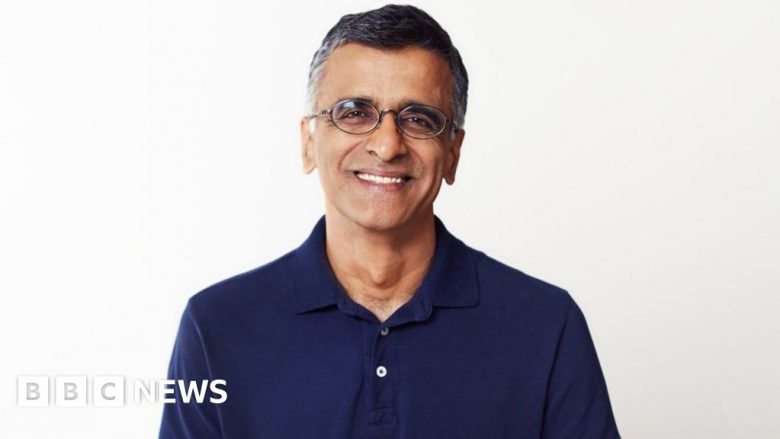An advert- and tracker-free search engine launches in the UK, France and Germany on Thursday.
Neeva has 600,000 users in the US, where it launched last year.
Creator Sridhar Ramaswamy, who worked at Google for 16 years and ran its ad business, told BBC News the technology sector had become "exploitative" of people's data, something he no longer wanted to be a part of.
Trackers share information about online activity, largely to target adverts.
Neeva has raised $77.5m (£68m) from investors.
It offers free-to-use search, with other features such as password-manager access and virtual-private-network (VPN) service to be made available on a subscription basis.
Users are asked to create an account, to build subscriptions at a later date.
And the UK price was likely to be about £5 per month, Mr Ramaswamy said.
"We felt the traditional search engines had become about advertising and advertisers – and not really about serving users," he said.
"Google has a dominant position in the marketplace – and the incentive for them to truly innovate, to truly create disruptive experiences, is not really there.
"And then also as a company they feel obligated to show more and more revenue and profit to their shareholders, so they just keep increasing the number of ads."
Search the word "migraine" on both Google and Neeva, and the first page of the results are fairly similar – links to news articles and factual information.
But with a brand, the difference becomes more stark.
When I try "BMW", both search engines lead with links to the carmaker's website and Wikipedia entry.
But while Google follows with a map, social-media feeds and links to used-car dealers, Neeva sticks with different BMW official pages.
Google certainly has more variety – but it is also blatantly pushing me towards buying a car.
Neeva's Chrome browser extension lists the trackers installed on web pages visited.
I tried a few:
And almost all – but not the BBC – had at least one belonging to Google, meaning Google is receiving anonymised information about users visiting those pages.
While I had the extension activated, no ads displayed around the editorial content.
But ultimately, none of Neeva's other rivals has dented the dominance of Google search.
"To Bing" or "to Duckduckgo" – another privacy-focused service – are not verbs in the way "to google" is.
And asked if Mr Ramaswamy could ever topple his former employer, Steph Liu, an analyst at Forrester specialising in privacy and search, said: "Realistically, no.
"It's a sort of David and Goliath story. Google has too many users, it has too much revenue.
"The ultimate goal is to offer an alternative for the consumer base who are worried about their privacy, who don't want Google hoovering up their data and targeting ads based on their search history".
Google loses appeal over record EU anti-trust fine
Google slammed over ad-cookie replacement flip-flop
Johnson pulls out of UK Tory leadership race
Xi cements power by packing top team with loyalists
Xi Jinping's party is just getting started
The cost of occupation in Kherson region
Who are the men that rule China now?
How the first report from Belsen shocked the world. Video
The model out to smash India’s fair-skin obsession. Video
My exhausting move away from home with an eating disorder
Alex Turner on the Arctic Monkeys' musical evolution
Anime favourite Totoro makes stage debut. Video
Your pictures on the theme of 'empty spaces'
The BBC women who pioneered electronic music. Video
The most disgusting films ever made
How job insecurity affects your health
The word Tolkien coined for hope
© 2022 BBC. The BBC is not responsible for the content of external sites. Read about our approach to external linking.
Author Profile
Latest entries
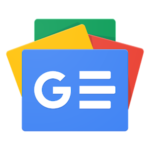 राशीफल2024.04.18आज का राशिफल 18 अप्रैल 2024: मेष, कर्क और वृश्चिक राशि के जातकों को धन लाभ के योग हैं, जानिए बाकी राशियों का कैसा रहेगा दिन – GNTTV
राशीफल2024.04.18आज का राशिफल 18 अप्रैल 2024: मेष, कर्क और वृश्चिक राशि के जातकों को धन लाभ के योग हैं, जानिए बाकी राशियों का कैसा रहेगा दिन – GNTTV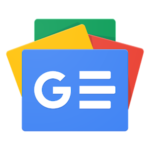 लाइफस्टाइल2024.04.18मेरी क्रिसमस फिल्म ताज़ा खबरे हिन्दी में – मेरी क्रिसमस फिल्म ब्रेकिंग न्यूज़ हिंदी में – Hindustan
लाइफस्टाइल2024.04.18मेरी क्रिसमस फिल्म ताज़ा खबरे हिन्दी में – मेरी क्रिसमस फिल्म ब्रेकिंग न्यूज़ हिंदी में – Hindustan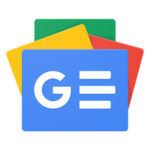 धर्म2024.04.18सुधा मूर्ति द्वारा लिखित "द सेज विद टू हॉर्न्स: अन्यूश़वल टेल्स फ्रॉम माइथोलॉजी" | – Current Affairs Adda247 in Hindi
धर्म2024.04.18सुधा मूर्ति द्वारा लिखित "द सेज विद टू हॉर्न्स: अन्यूश़वल टेल्स फ्रॉम माइथोलॉजी" | – Current Affairs Adda247 in Hindi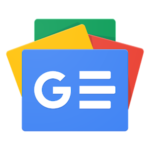 टेक2024.04.17'This billionaire tech startup' saw the biggest fall in valuation globally in 2024 – The Times of India
टेक2024.04.17'This billionaire tech startup' saw the biggest fall in valuation globally in 2024 – The Times of India





